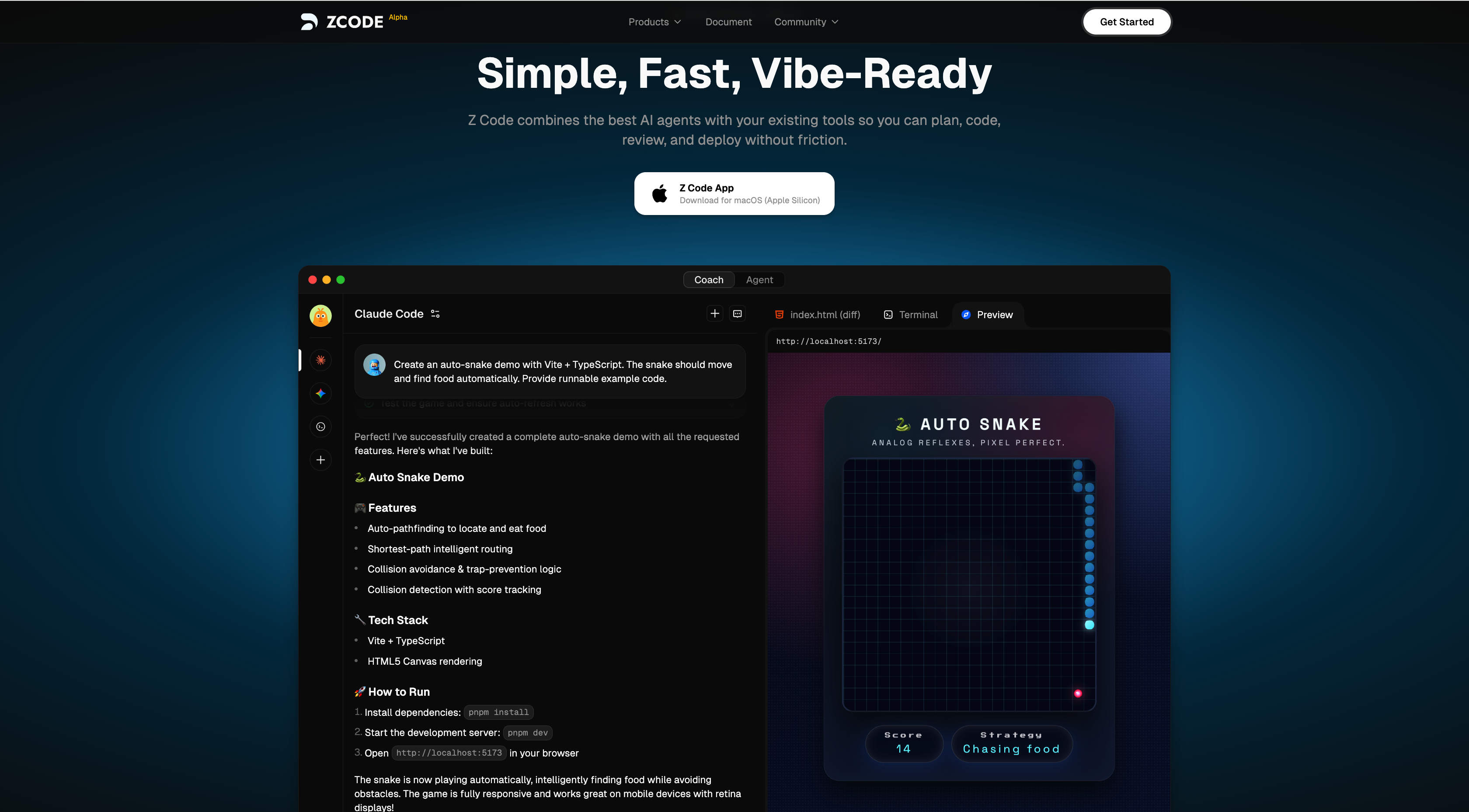In the latest initiative by the European Union on artificial intelligence, the tech industry has responded with a significant wave of enthusiasm. Over 100 companies have signed the "EU Artificial Intelligence Agreement," becoming pioneers of this emerging initiative. The agreement aims to encourage companies to voluntarily adhere to a set of principles before the new AI regulations are officially implemented, laying a solid foundation for future AI development.
This agreement has attracted numerous tech giants, including Amazon, Google, Microsoft, and OpenAI, leaders in the AI field. Moreover, European companies from various sectors such as IT, telecommunications, healthcare, banking, and automotive have also actively participated. OpenAI stated that the agreement aligns highly with its corporate mission, both dedicated to promoting the development of safe and socially beneficial AI.

Image Source Note: The image is generated by AI, provided by the image licensing service Midjourney
The core content of the agreement mainly revolves around corporate self-regulation. It encourages participants to develop comprehensive AI governance strategies, identify potential high-risk AI systems, and enhance employees' AI literacy. Notably, more than half of the signatory companies have voluntarily committed to taking further measures, such as ensuring human oversight of AI systems, reducing potential risks, and transparently labeling specific types of AI-generated content (such as deepfakes).
However, the absence of two major giants, Apple and Meta, during this tech event has attracted widespread attention. Apple stated that due to concerns over the Digital Markets Act (DMA), it has not yet launched its AI system in the EU region. Meanwhile, Meta is actively lobbying against the EU's regulations, claiming that the uncertain regulatory environment hinders their participation. The concerns of these two companies may involve not wanting their AI systems to be classified as high-risk, worrying about data leakage risks, and Meta's dissatisfaction with user data collection restrictions. It is worth noting that Meta has officially stopped providing downloads of its open-source multi-modal Llama model in the EU region.
Despite Apple and Meta's temporary decision to observe, the active participation of numerous tech companies still highlights the industry's high regard and sense of responsibility towards the future development of artificial intelligence. The signing of this agreement not only marks an enhancement in the industry's self-regulatory awareness but also points the way for the healthy development of artificial intelligence in the future.










